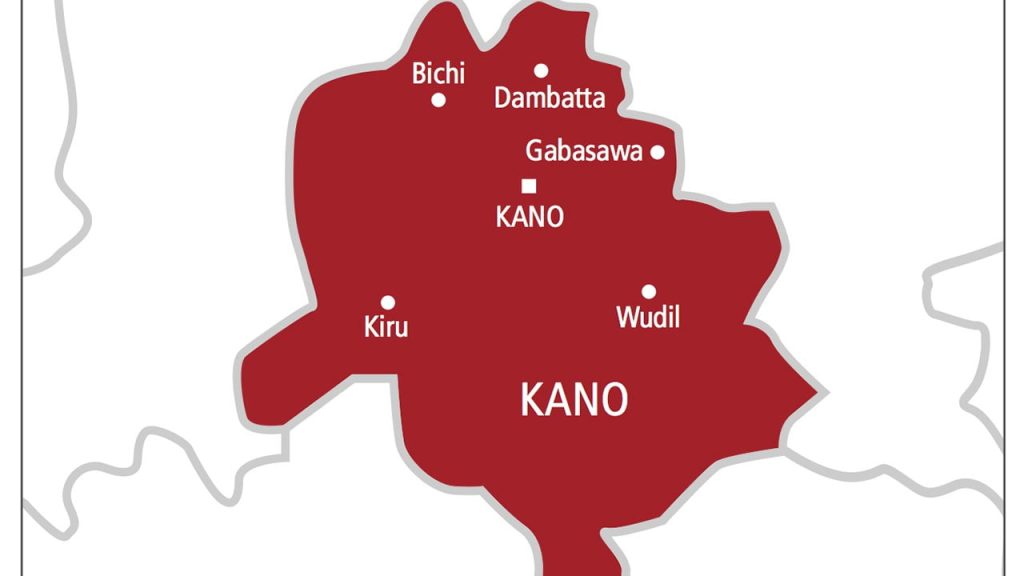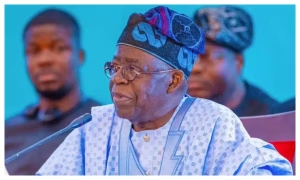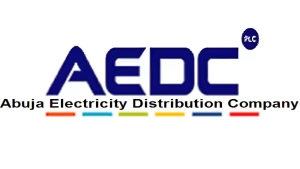Kano State’s investment authority has rejected a federal report claiming the northern Nigerian region attracted just $120,000 in foreign capital during the first quarter of 2025, calling the figures inaccurate and misleading. The National Bureau of Statistics (NBS) had earlier stated that only seven of Nigeria’s 37 states—led by the commercial hub Lagos and the capital Abuja—secured significant foreign investments during the period, with the remaining 30, including Kano, drawing minimal inflows. Local officials, however, insist their own records paint a drastically different picture.
Muhammad Nazir Halliru, Director General of the Kano State Investment Promotion Agency (Kan-Invest), disputed the NBS findings in a formal statement, asserting that the state attracted over $22 million in Foreign Direct Investment (FDI) during the same period. These funds, he said, were primarily channeled into renewable energy initiatives such as Compressed Natural Gas (CNG) and Liquified Natural Gas (LNG) projects. Halliru criticized the bureau for publishing what he called “unverified” data without consulting state authorities. “It is shocking that an institution like the NBS would release incorrect information,” he said, emphasizing that Kano’s $22 million figure—nearly 200 times higher than the NBS estimate—reflects investments already finalized, with additional proposals worth “far more” awaiting approval.
The discrepancy has raised questions about the methods used to track capital inflows in Africa’s most populous nation. Halliru argued that transparent reporting is critical to maintaining investor confidence, particularly as Kano positions itself as a hub for sustainable energy. The state plans to unveil a five-year, $10 billion Multi-Sectoral Investment Strategic Plan aimed at boosting infrastructure and industrial growth. “Correcting this narrative is essential to showcase our true potential to global partners,” he added, noting ongoing reforms to streamline business registration and improve regulatory frameworks under Governor Abba Kabir Yusuf’s administration.
While the NBS has yet to publicly respond to the rebuttal, the dispute underscores broader challenges in measuring economic activity across Nigeria’s decentralized states. Analysts note that inconsistencies in data collection could deter foreign investors seeking reliable market insights. Kano, Nigeria’s second-largest economy by GDP, has historically faced infrastructural and security hurdles but has recently pushed aggressive reforms to attract industries ranging from agriculture to renewable energy. The state’s focus on CNG and LNG aligns with federal efforts to reduce reliance on petrol and curb energy costs amid rising inflation.
Authorities reaffirmed commitments to supporting both existing and future investments, stressing that accurate data is vital for strategic planning. With negotiations reportedly underway for additional projects in manufacturing and logistics, the agency pledged to publish detailed investment metrics in the coming months to bolster transparency and accountability.






